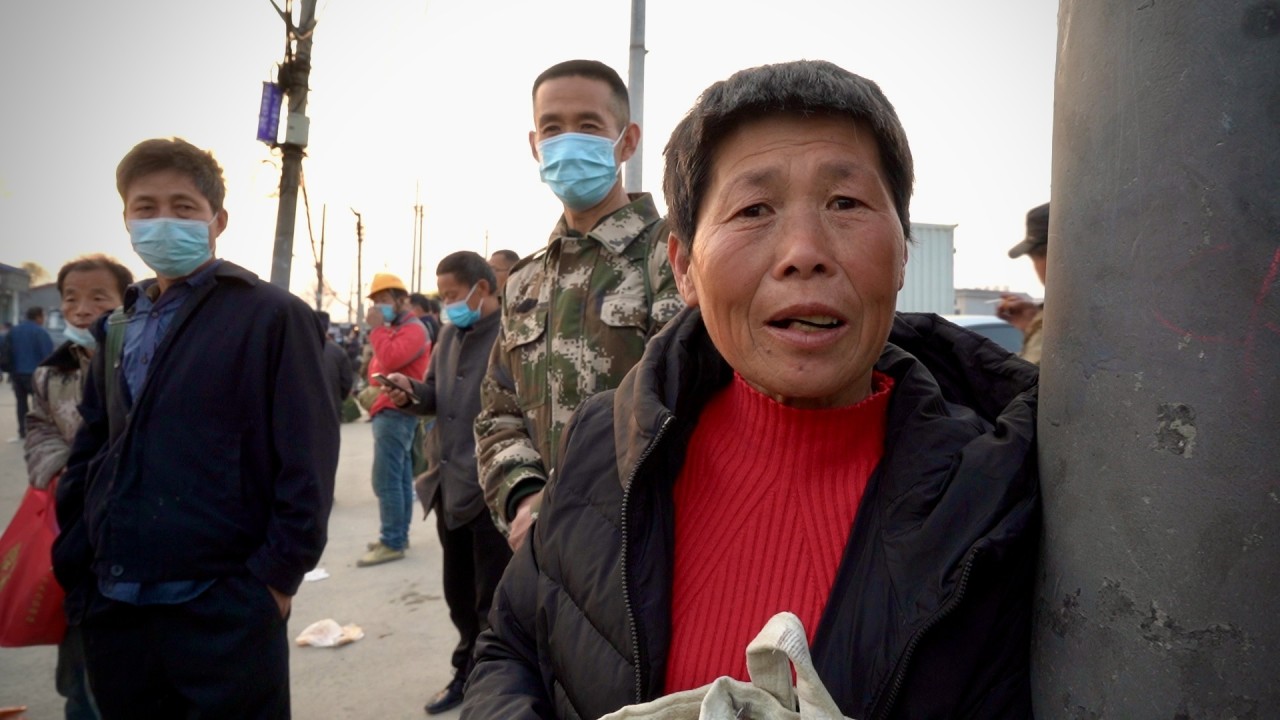
China jobs: Premier Li Keqiang warns of ‘complicated, grim’ outlook, urges action ahead of Communist Party congress
- Premier Li Keqiang says employment outlook is complicated and grim and local authorities need to focus on job stability
- But bigger changes are needed to for the efforts to have an impact, observer says
Chinese Premier Li Keqiang has warned of a “grim” outlook for the job market, urging provincial governments to take stronger action to stabilise employment ahead of a landmark political meeting this year.
In written remarks to a teleconference of provincial leaders on Saturday, Li said employment conditions were “complicated and grim”, and local authorities should step up their efforts on job stability to “ensure the achievement of the annual employment goal and welcome the victory” of the Communist Party’s national congress.
The congress, a five yearly political gathering set to take place in autumn, is expected to mark the start of President Xi Jinping’s third five-year term as the party’s leader.
Li also repeated the need for fee and tax cuts to help small and medium-sized enterprises.
Unemployment has risen with mass lockdowns across the country, including in some of China’s biggest cities, as businesses have been forced to lay off workers or cut pay.
The conditions have stirred public discontent and discussion about what price the country should pay for its zero-Covid policy.
But there is little sign the leadership will relax its hard line, with Vice-Premier Hu Chunhua saying on Saturday that “[the country] must unswervingly stick to the dynamic zero-Covid policy”.
There needs to be stronger support for struggling companies to secure jobs, and more skills training to improve job security and employment
But Hu also said the country’s labour and social security systems needed to make employment stability the top priority.
“There needs to be stronger support for struggling companies to secure jobs, and more skills training to improve job security and employment,” he said.
“The main focus should be on employment of key groups such as college graduates, migrant workers, especially poverty-stricken labourers, and urban residents with financial difficulties,” he said, adding that the unemployed also needed protection.
But analysts said the impact of these efforts would be limited without fundamental change.
“The economy is already in a downward phase of the cycle, and the epidemic only made things worse,” said Peng Peng, executive chairman of the Guangdong Society of Reform, a think tank affiliated with the provincial government.
“Pandemic prevention and control is the first thing to overcome – as long as the pandemic doesn’t end, we won’t be able to see the prospect of improvement in terms of employment.
“The central government’s various bailout policies must be implemented carefully, and efforts must be made for all drivers of economic growth. If the fundamentals of the economy do not improve, there will be no complete change in the employment situation.”
He added that arbitrary lockdowns across the country were also a major challenge to stabilising employment.
“Despite falling Covid caseloads, we have seen no sign of this Omicron wave ending soon, and Beijing remains quite determined to maintain its zero-Covid strategy,” the report said.
President Xi Jinping underlined that point on Thursday, saying that China “will stand the test of time” and pledging to fight any attempt to “distort, question and challenge” the country’s policies.
He said China would prevail in the fight against Covid-19 in Shanghai just as it did in Wuhan.
But public discontent over lockdowns has simmered in Shanghai where 25 million people have been confined to their homes for more than a month.
The restrictions have spawned not only humanitarian tragedies such as food shortages and collateral deaths, they have also affected the country’s economy as a whole, from the income of smaller companies to the job market of 750 million workers.


